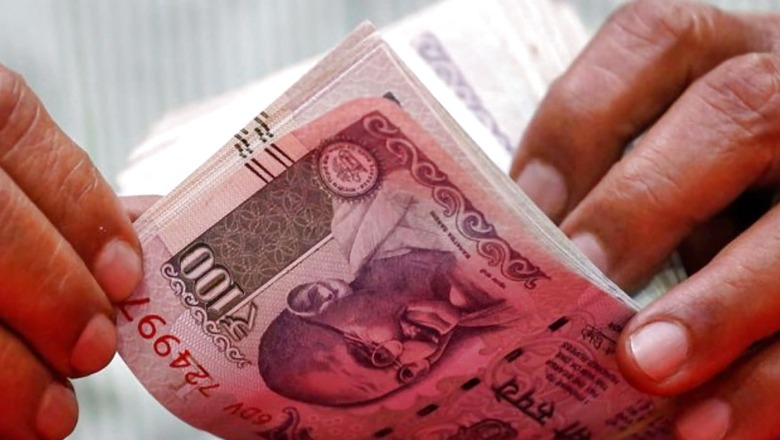
views
In a bid to provide easier access to retail investors to the government bond market, the central bank of India is all set to unveil RBI Retail Direct scheme on Friday, November 12. Prime Minister Narendra Modi will unveil the much-awaited scheme via video-conferencing on Friday. Under RBI Direct Scheme, the retail investors can easily access government securities market – both primary and secondary online, the central bank mentioned earlier. RBI Retail Direct scheme will also allow the investors to open and maintain their gilt securities accounts online with the RBI without any extra charges. (G-sec).
What are G-secs?
Government Securities are the debt instruments (bonds and tresury bills) issued by the Reserve Bank of India on behalf of the central government. The state government can also issue such instruments, popularly known as state development loans. There are two kinds of G-secs — 1) Treasury bills with various tenures of 91, 182 and 364 days 2) Long-term G-secs that could mature in 5-40 years.
Treasury bills can be available at zero coupons (interest) rate and they are are issued at a discount to the published nominal value of government security. Once they are mature, they can be redeemed at their nominal value. On the other hand, G-secs are long-term investments where for a specific tenure and interest is generally paid twice a year. From now on, you can easily buy any of these bonds, directly from the primary and secondary market.
G-secs: What are the credit risks?
G-secs are the most liquid of all instruments in the debt market and they carry no credit risk because the central government is the borrower. Since the government generally doesn’t default, gilt funds don’t carry a credit risk. However, G-secs are entirely risk-free instruments. G-sec funds carry interest rate risk. Usually, G-sec funds invest in securities that mature over a long period of time. The price of G-secs is inversely correlated to interest rates. If the interest rates go up, the bond prices fall and vice versa. While investing in G-Sec funds, the investors must take into account of this interest rate risk. However, experts advise to hold G-secs till maturity to mitigate this risk.
Tax on G-secs
The interest paid on G-secs is fully taxable. If the investor sells it after one year, it will also attract long-term capital gains at the rate of 10 per cent. Marginal tax slab rates will apply if you sell before holding them for a year.
How to Invest in G-secs
Under RBI Retail Direct scheme, there will a be a dedicated portal to nvest in central government securities, treasury bills, state development loans and Sovereign Gold Bonds scheme. Investors will have access to bidding in primary auctions as well as the central bank’s trading platform for government securities called Negotiated Dealing System-Order Matching Segment, or NDS-OM.
Should you invest in G-secs?
G-secs are often considered a safe option for individual who is looking to park money in a safe instrument for the long term to receive periodic interest. As the risk is almost nil, the returns are also lower. The low risk gilt funds generally offer low interest rates compared to other fixed-income instruments like fixed deposits and small saving schemes.The 10-year G-secs, which are considered a benchmark, are currently giving a yield of 6.27 per cent. It is advisable to invest in G-secs only if investors are planning to hold it till maturity. Retail investors looking for higher yield on their fixed income investments have mostly avoided G-Secs in the past.
“The retail direct scheme offered by RBI is a good opportunity for retail investors to invest in government securities, sovereign bonds etc. It is the first time in India when retail investors will have an option of simple and direct channel for investment in government securities. The government securities offers a low risk and low return on the investment as compared to investment in equity or asset,” said Dr. Ravi Singh, head of research & vice president, ShareIndia.
“The scheme had been termed as a major structural reform by the RBI Governor Shantikanta Das in February 2021. The scheme will enable retail investors to open and maintain their government securities account free of cost. Government securities are basically debt issuances by the government that offer safe and guaranteed returns to investors at the time of maturity,” said Nitin Mathur, chief executive officer, Tavaga Advisory Services.
Read all the Latest Business News here














![Hyundai Grand i10 Nios Launch Today - Watch it Live Here [Video]](https://cdn.sharpss.com/news/66/ab/e3/66abe3055e828e6c5deb46a1d469c9a9-s.jpg)


Comments
0 comment